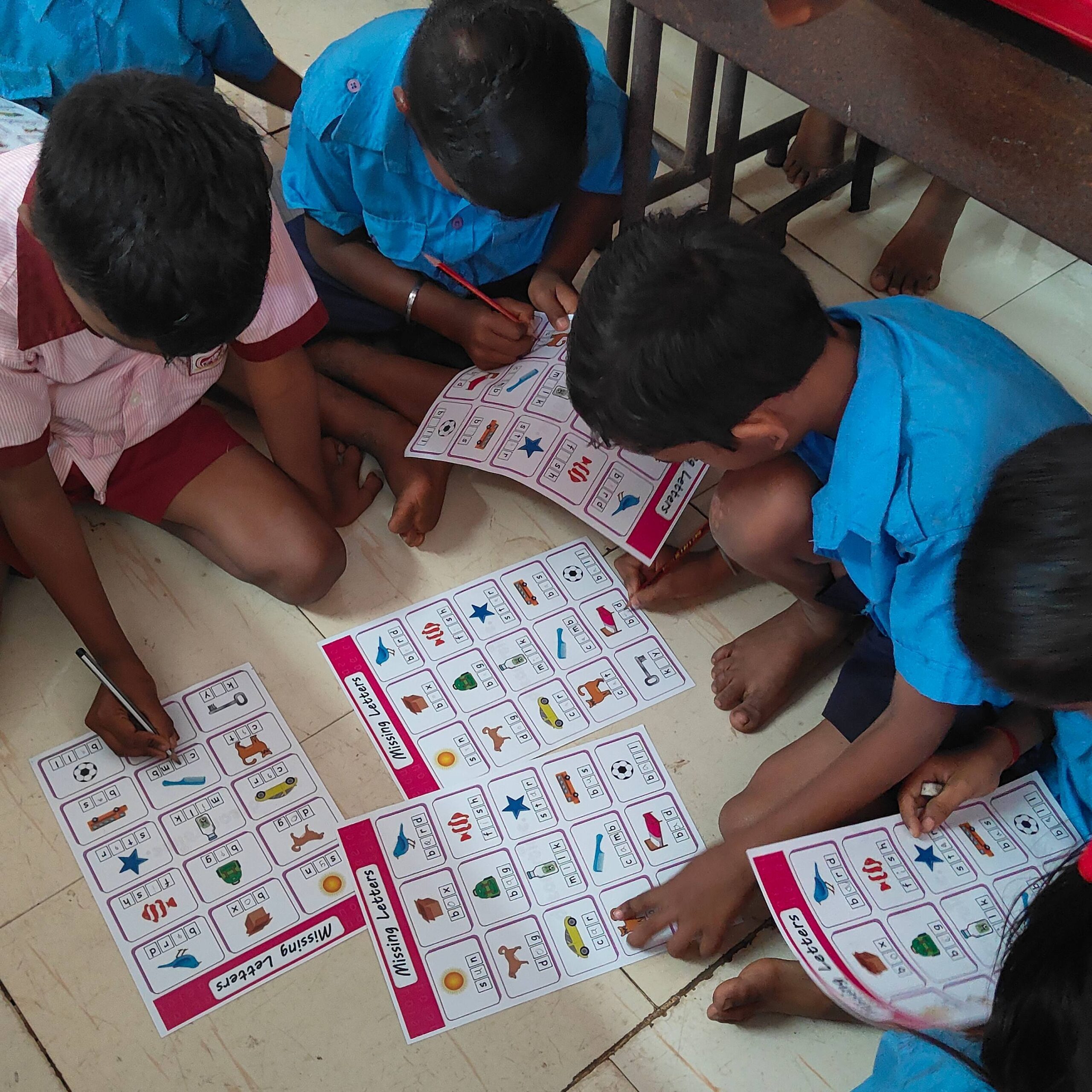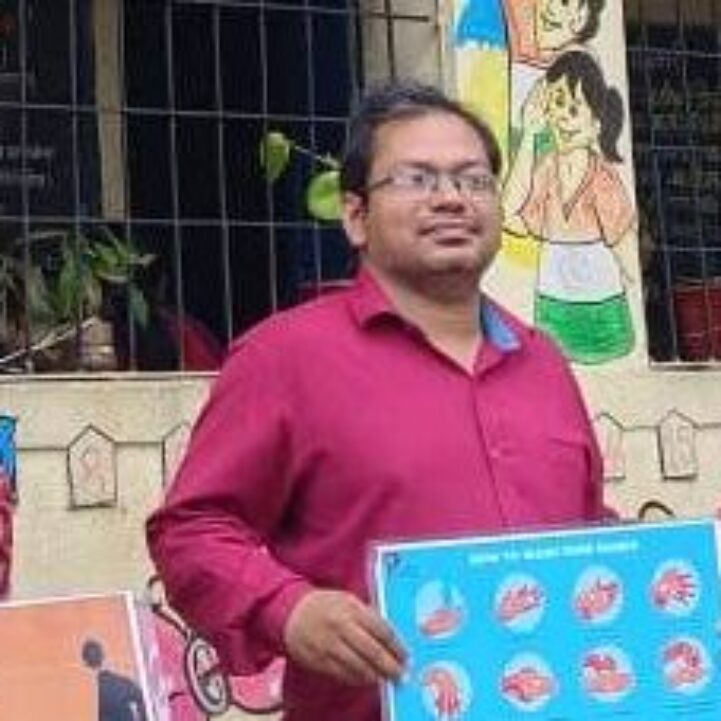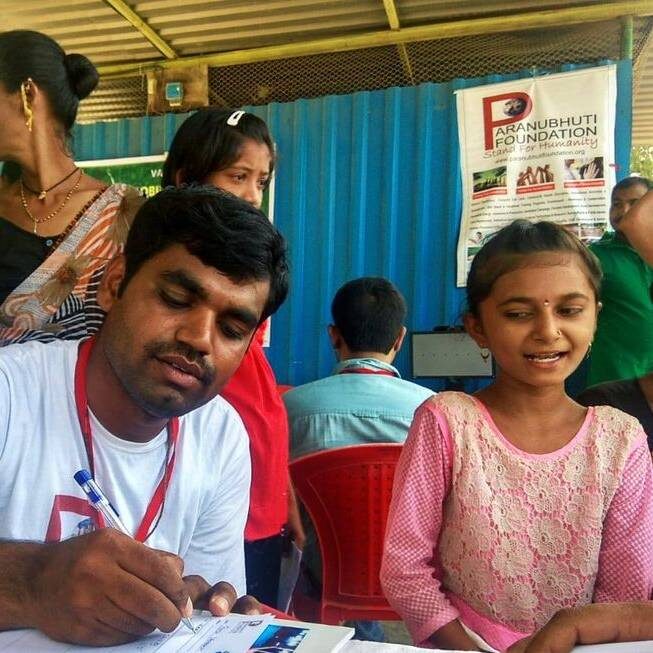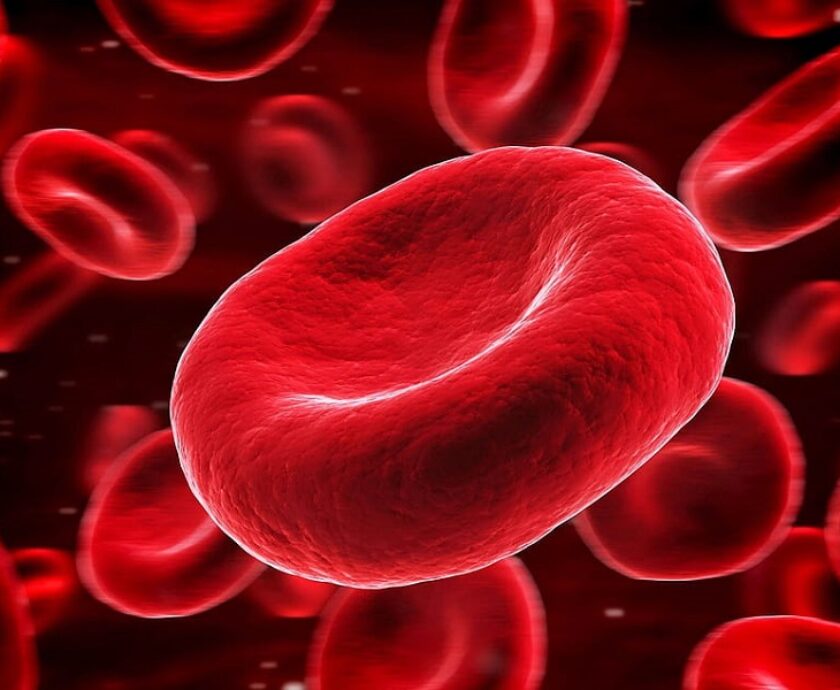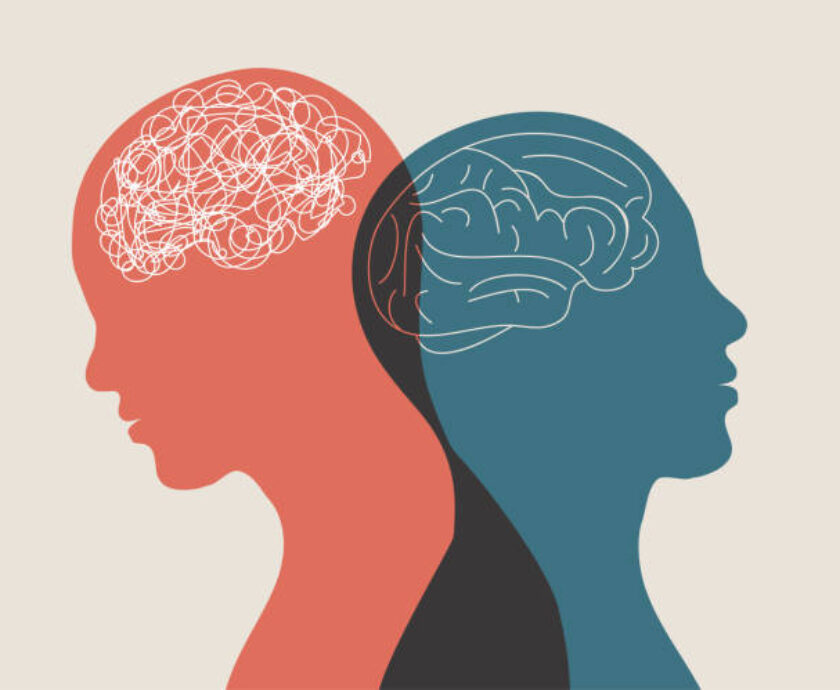Antibiotic Threats and the Urgency of Global Behavioral Change: A Call to Action for Sustainable Antibiotic Efficacy
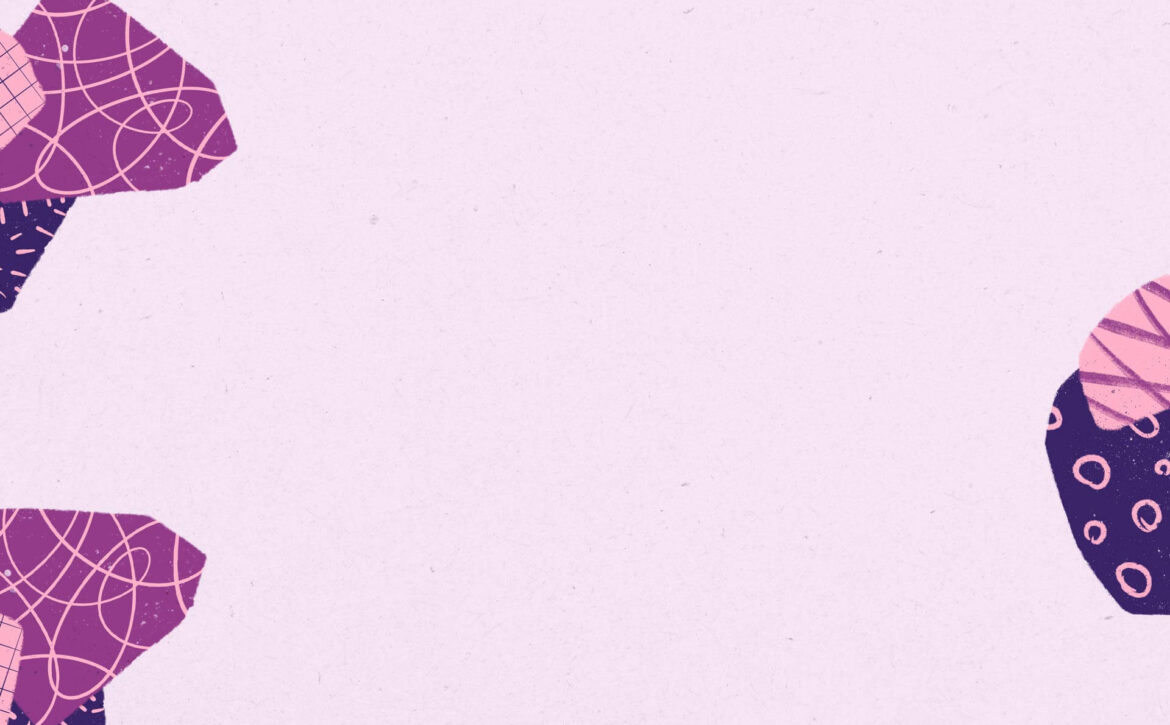
The second half of the twentieth century was recognized as the “golden age” of antibiotic development. Those targeted to cure and prevent bacterial illnesses.
This saved millions of lives in the years that followed. In the twentieth century, the acceptance of antibiotics into clinical use transformed global infectious diseases. The average human lifetime has been prolonged by 23 years. Simultaneously, the prevalence of antibiotic bacteria, resilient against antibiotic treatments is on the rise, and current therapies are becoming highly ineffective. As a result, we are inevitably headed towards a severe health crisis.
So what are actually antibiotics?
Antibiotics are compounds used to treat bacterial infections in living organisms, either by killing the bacteria or restraining their ability to multiply and survive. It can be found in a variety of dosage forms including capsules, tablets, ointments, creams, and liquids.
Commonly prescribed to address bacterial infections such as ear infections, strep throat, sinus infections, and urinary tract infections. They also serve a crucial part in assisting surgical procedures, chemotherapy, and organ transplants
Antibiotics are often overprescribed in the early period, including viral infections that they had no effect on. A doctor’s prescription usually includes a specified duration, but many people continue to take the same medication for reoccurring problems.
Many Indian households practice self-treatment due to the high cost of contacting a private practitioner or the difficulties of accessing public medical services. Pharmaceutical companies foster a prevalent health culture wherein consumers engage in self-diagnosis. The excessive and inappropriate consumption of antibiotics causes many bacteria to develop antibiotic resistance.
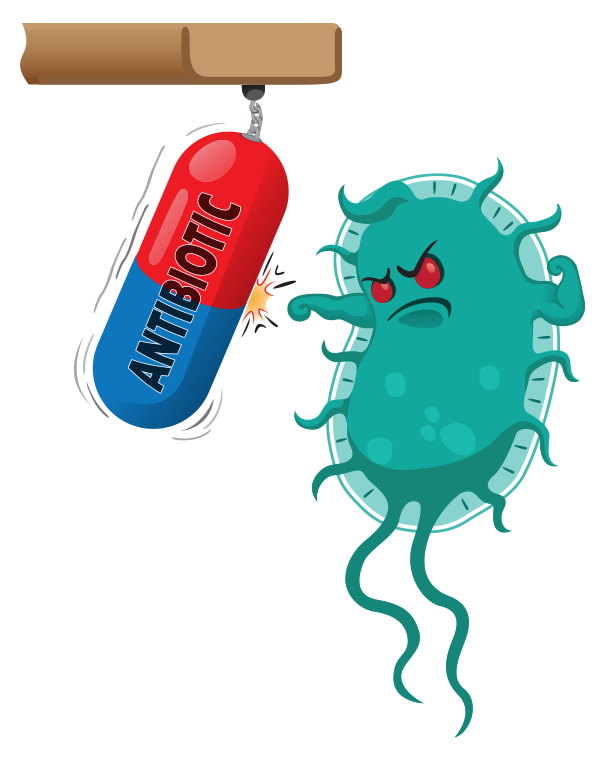
So, how did antibiotic resistance become such a serious threat?
Any Bacteria can make a defense mechanism against antibiotics. Antibiotic consumption is the primary driver of antibiotic resistance. When bacteria are exposed to these medicines, they undergo changes leading to antibiotic resistance. The mutated bacteria become ineffective towards the used drug, allowing them to survive in a competitive environment. The other antibiotics have to be taken into consideration. This resistance occurs through the action of their proteins, which enable the multiplication of resistant bacteria.
The growing list of infectious diseases such as tuberculosis, pneumonia, gonorrhoea, and salmonellosis become less effective towards antibiotics. Even resistant bacteria naturally evolve anyway so, they survive and reproduce. But the spread has sped up by misuse of the antibiotics. This means more and more bacteria becoming resistant to this kind of medication. Bacteria that can protect themselves from several different antibiotics are referred to as multi-resistant bacteria.
Despite the development of new medicines, antibiotic resistance will persist as a significant threat without a shift in behaviour. To effectively address such a threat, there is a need for social and behavioural changes
So, as individuals, how can we tackle this condition?
To alter these behaviours, individuals must work together. This could include outreach to the public, better prescription practices, regulatory measures, and encouraging ethical antibiotic usage to ensure long-term efficacy. Many people may be unaware of the significance of completing an antibiotic course or the possible consequences of using antibiotics without it is critical to raise awareness through public education efforts.
Individuals who are knowledgeable and educated can play a significant role in the global effort to ensure the efficacy of antibiotics for future generations.




